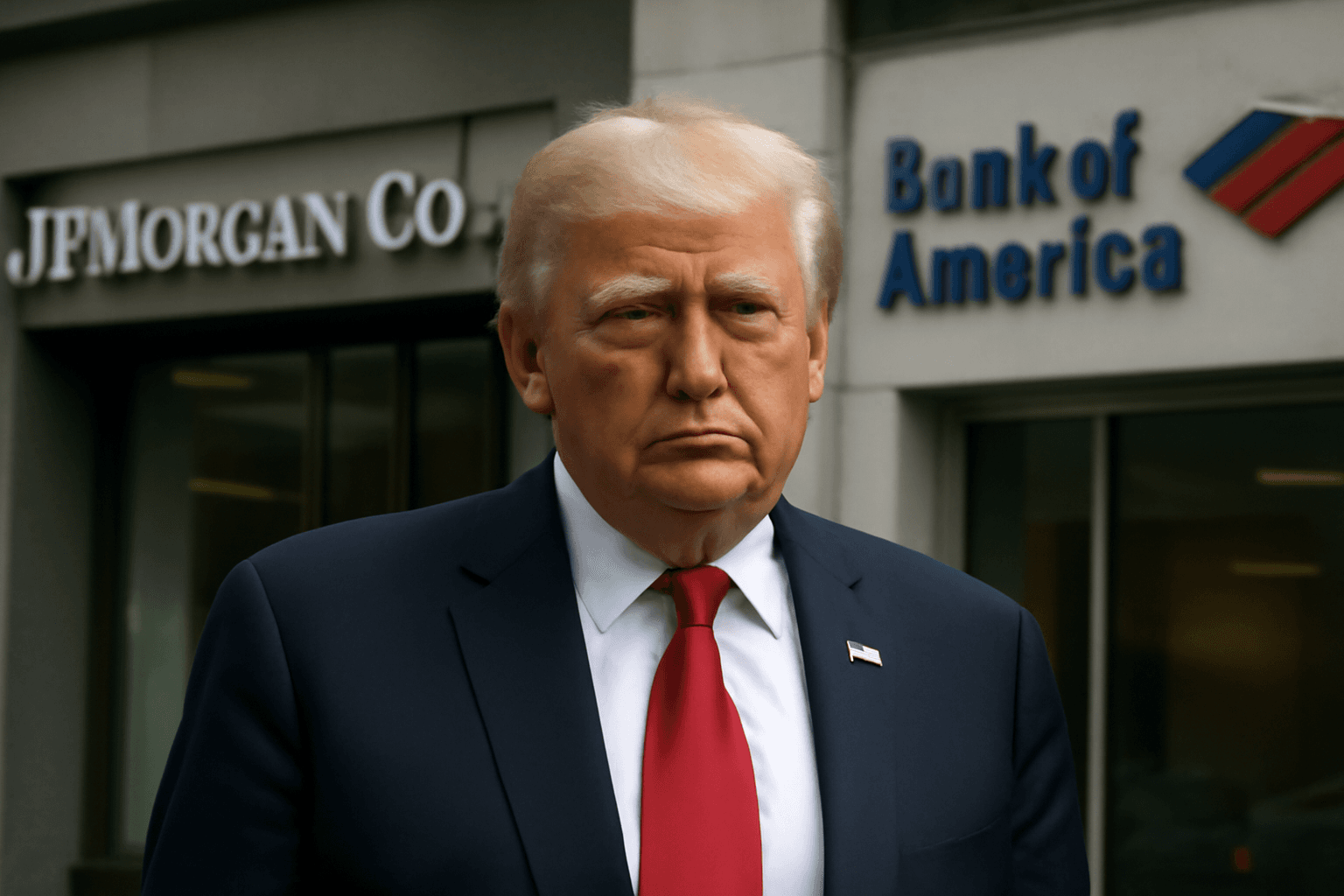How an Under-the-Radar SEC Plan Might Reshape Global Stock Listings
Behind the scenes in Washington, a nuanced proposal from the U.S. Securities and Exchange Commission (SEC) is quietly stirring the waters of international finance. This regulatory adjustment, currently in its conceptual phase, has the potential to revitalize European stock exchanges by encouraging more foreign firms to pursue dual listings outside the United States.
Understanding the Proposal: Redefining "Foreign Private Issuer" Status
The SEC is considering tightening the criteria that define a Foreign Private Issuer (FPI) — a regulatory classification that exempts non-U.S. companies listed on American stock exchanges from some of the most burdensome compliance rules, including quarterly reporting.
Currently, companies such as UK-based chip designer Arm and Swedish streaming giant Spotify benefit from this status. One proposed key change would require these FPIs to maintain an active listing on a significant non-U.S. stock exchange to qualify for reduced regulatory obligations in the U.S.
Why This Matters
- Secondary Listings Could Surge: Firms incorporated abroad but listed only in U.S. markets might opt for secondary listings on exchanges like London, Amsterdam, or even Hong Kong rather than comply with the full suite of U.S. domestic reporting rules.
- Regulatory Oversight Tightens: Without the secondary listing, such companies would face more frequent reporting, adopting U.S. Generally Accepted Accounting Principles (GAAP), stringent proxy and insider-trading regulations.
European Exchanges Poised for a Comeback
For years, European stock markets have watched as marquee companies favored U.S. exchanges — drawn by deeper liquidity pools and richer valuations. This SEC initiative could gently nudge those companies to reconsider.
Robert Newman, co-head of UK capital markets at DLA Piper, suggests, "It could inadvertently stimulate the London markets, offering them a much-needed boost after years of company flight." David Schwimmer, CEO of the London Stock Exchange Group, echoes this sentiment, emphasizing London’s natural advantage as a familiar, robust financial center capable of meeting these new demands.
Global Competition Intensifies
London won’t be alone. Exchanges across the Euronext group—covering Paris, Amsterdam, Dublin—Canada’s major exchanges, Hong Kong, and even Nasdaq’s Nordic venues will position themselves competitively to attract these potential new secondary listings.
Companies will weigh several factors before making a move:
- Cost efficiency of listing and ongoing compliance
- Access to deep, varied pools of capital
- Regulatory stability and familiarity
- Quality and reach of market research and analyst coverage
Voices of Concern: Industry Pushback
Not all firms welcome these changes. Virax Biolabs, a UK healthcare and diagnostics firm listed on Nasdaq but incorporated in the Cayman Islands, has voiced its apprehensions. CEO James Foster flagged concerns over the increased compliance burden and potential penalties for companies like his that have minimal U.S. operations.
"Applying a rigid ownership threshold without considering operational substance risks creating uncertainty for compliant global issuers—especially those in emerging sectors like biotech," Foster explained to CNBC.
Virax’s stance reflects a broader worry: that a well-intentioned rule could disproportionately impact innovative sectors reliant on flexible international structures, potentially stifling growth and innovation.
Expert Perspectives: Navigating Complex Regulatory Waters
Legal experts caution that while the SEC’s motivation is to close regulatory gaps and ensure meaningful oversight, the outcomes are unpredictable. Mike Bienenfeld of Linklaters notes the shifting landscape of incorporation jurisdictions—from traditional markets like the U.K. to the Cayman Islands and increasingly China—complicates enforcement and compliance strategies.
John Stone, also with DLA Piper, highlights the significant costs smaller companies might face transitioning fully to U.S. domestic standards, many of which could drive them towards dual listings versus full domestic compliance.
What Lies Ahead?
The SEC’s proposal remains in a formative stage, leaving room for revision or withdrawal. However, if enacted, it could usher in a fresh phase of global stock exchange competition, empowering European and other non-U.S. markets to reclaim prominence in hosting multinational listings.
Implications for US and Global Markets
- For U.S. regulators: striking a balance between investor protections and retaining international listings is critical.
- For international companies: strategic decisions around listings will become even more significant, weighing regulatory burdens against capital market access.
- For investors: increased geographical diversification of listings could offer new opportunities and risks to monitor.
Editor’s Note
This evolving SEC proposal highlights a pivotal moment in global capital markets where regulatory ambitions intersect with corporate strategy and international finance dynamics. It raises critical questions about how regulatory frameworks adapt to changing market realities and whether this could trigger a strategic rebalancing of global financial centers.
As this story unfolds, close attention from investors, policymakers, and companies alike will be essential to understand both the regulatory intent and practical consequences of these potential shifts — particularly in maintaining the U.S. as a premier financial marketplace while fostering a healthy, competitive global ecosystem.











